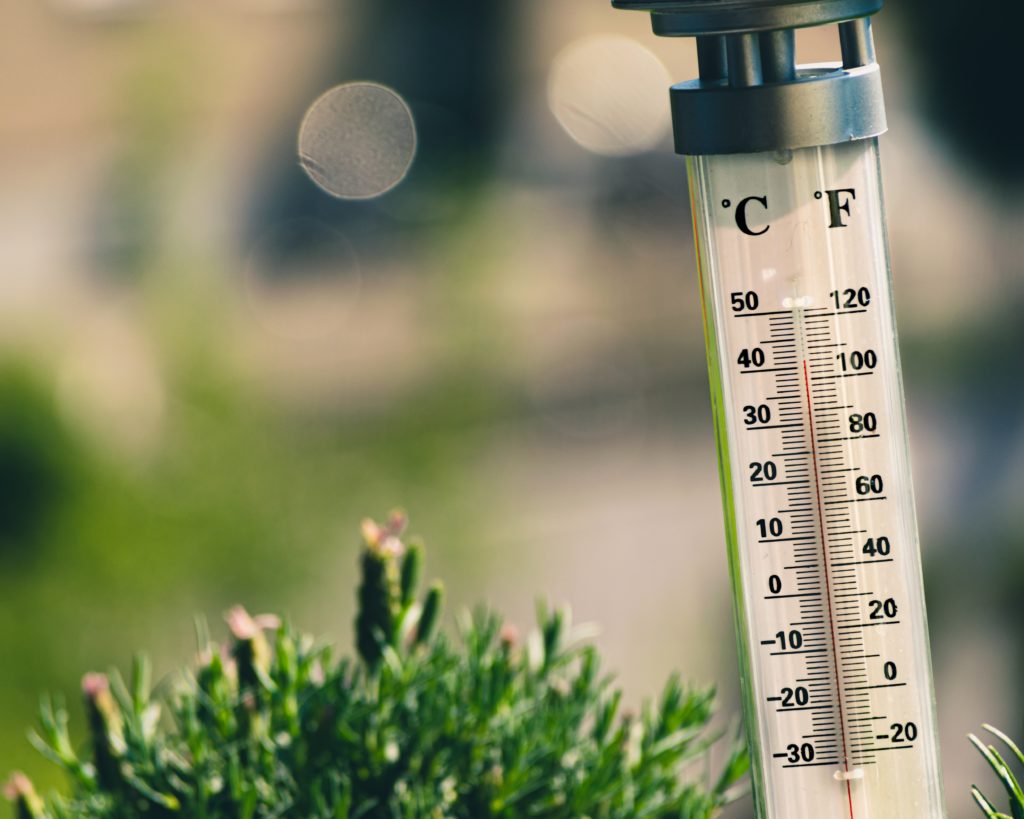
Articles
The Secret to a Happy Holiday: Create a Plan to Reduce Stress and Improve Sleep
There’s a reason you’re seeing more stories about the ways holiday stress impacts your health. While stress about COVID-19 has…
Introducing SleepScore
We deliver accurate data, actionable insights, personalized coaching and proven outcomes your customers need.
Sleep Insights
Last Published on 29th July 2019 by SleepScore Labs

Ever wondered how much of an impact high temperatures have on sleep? Our experts answered your biggest temperature and sleep related questions in our latest Twitter Chat. Check out the most asked questions, plus answers from the experts.
Dr. Roy Raymann: Some factors include:
1) Sun goes down later, so shorter nights
2) Too warm or too humid to sleep
3) Bugs bugging you
Dr. Nate Watson: The long afternoon and evening sunlight of summer can delay bedtimes and result in shorter sleep. Sunlight and sleep are not good bed partners.
Dr. Roy Raymann: A fan really can help. It adds to removing heat from your body, so your temperature can settle at the level good for sleep. Make sure you find the airflow pleasant. Not that it will no longer work when the room temperature is over 95F.
Dr. Nate Watson: Fans are great sleep facilitators both because of the white noise and the cooling aspects.
Dr. Roy Raymann: You will get better sleep if you sleep in the heat for a longer period of time. Not only do you acclimate, but in the first nights of poor sleep, your sleep pressure builds up, so it will be easier to sleep at night later, despite the weather.
Dr. Nate Watson: A cool shower before bed and sleeping naked can help with sleep on those sweltering summer nights.
Dr. Roy Raymann: Cool, but not cold. A too cold shower will make it harder for your body to get rid of the heat (it responds to cold by reducing the heat exchange to the environment).
Dr. Roy Raymann: ChiliPad, Ooler, Bedjet, or the Moona Pillow. Note that you can also try to cool your room by putting a bag of ice cubes in front of your fan. It’s your low-tech AC. Sleep and temperature is tricky: Your bedroom should be cool, but the temperature in bed should be cozy warm.
Dr. Roy Raymann: Dry heat is easier to deal with, since evaporation (a way for the body to lose heat) is impacted when it’s humid. In real humid climates, dehumidifiers are recommended.
Dr. Nate Watson: Humidity can contribute to a feeling of congestion which can make sleep hard to initiate. Nasal dilators such as Snore Strips can help.
Dr. Roy Raymann: There is no single setting that would work for all. It needs to be comfortably cool (but not too cold to sleep) in the room and comfortably warm (but not hot) in your bed. For most people, somewhere around 65F will work.
Dr. Michael Gradner: I think everyone is a little different. Most people fall asleep in temps that are pretty cool. 65-72F degrees is the sweet spot for many.